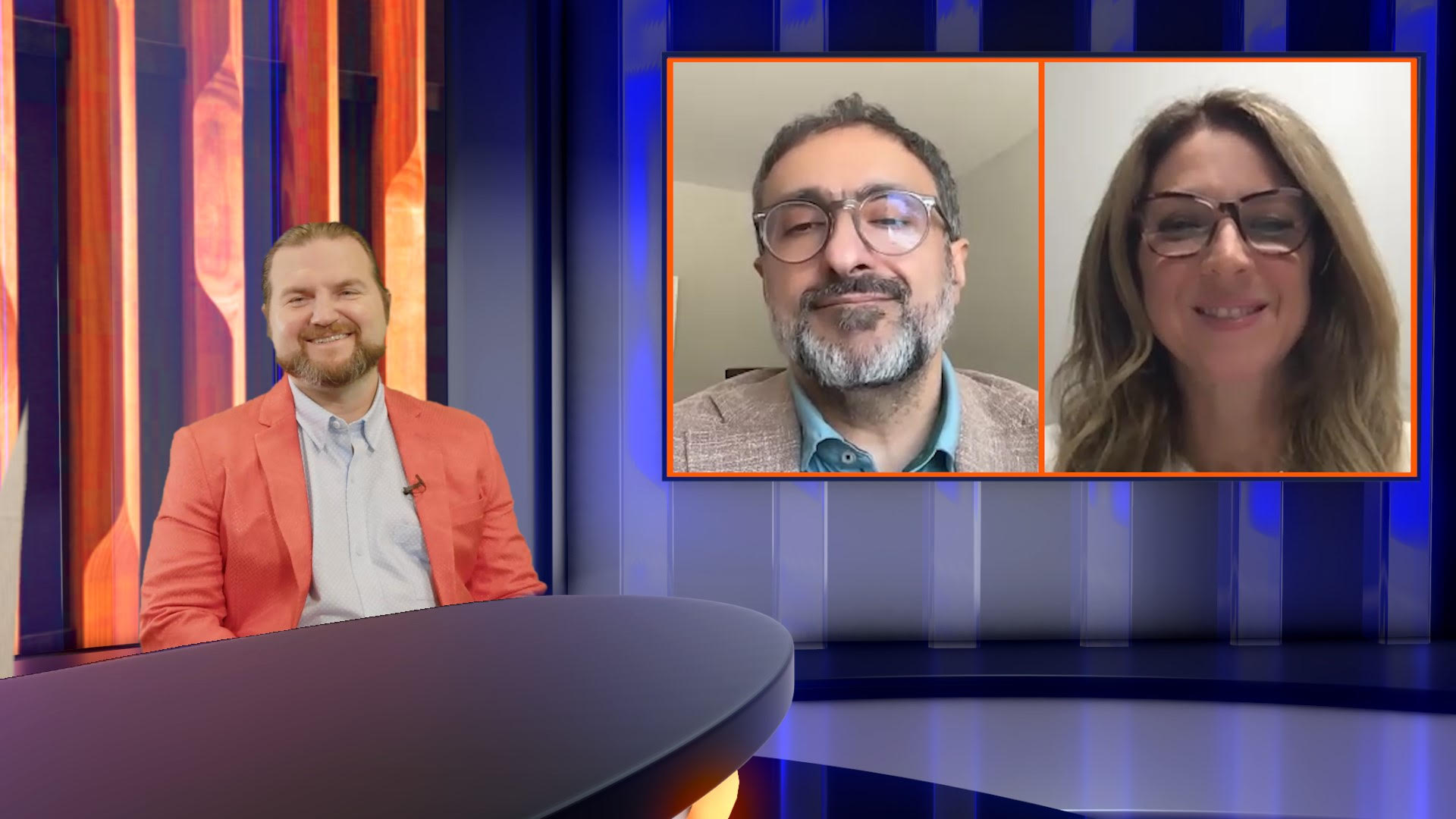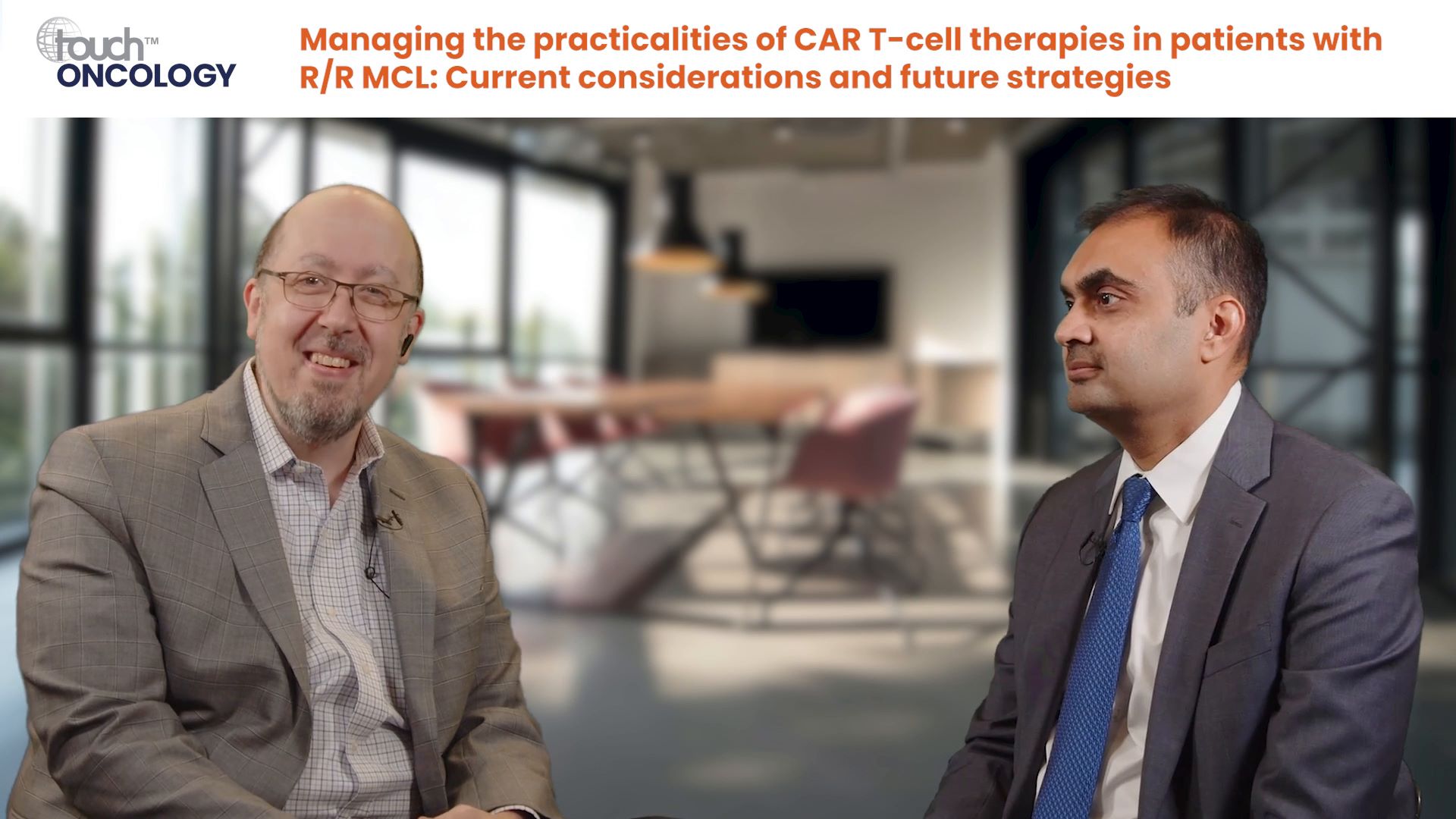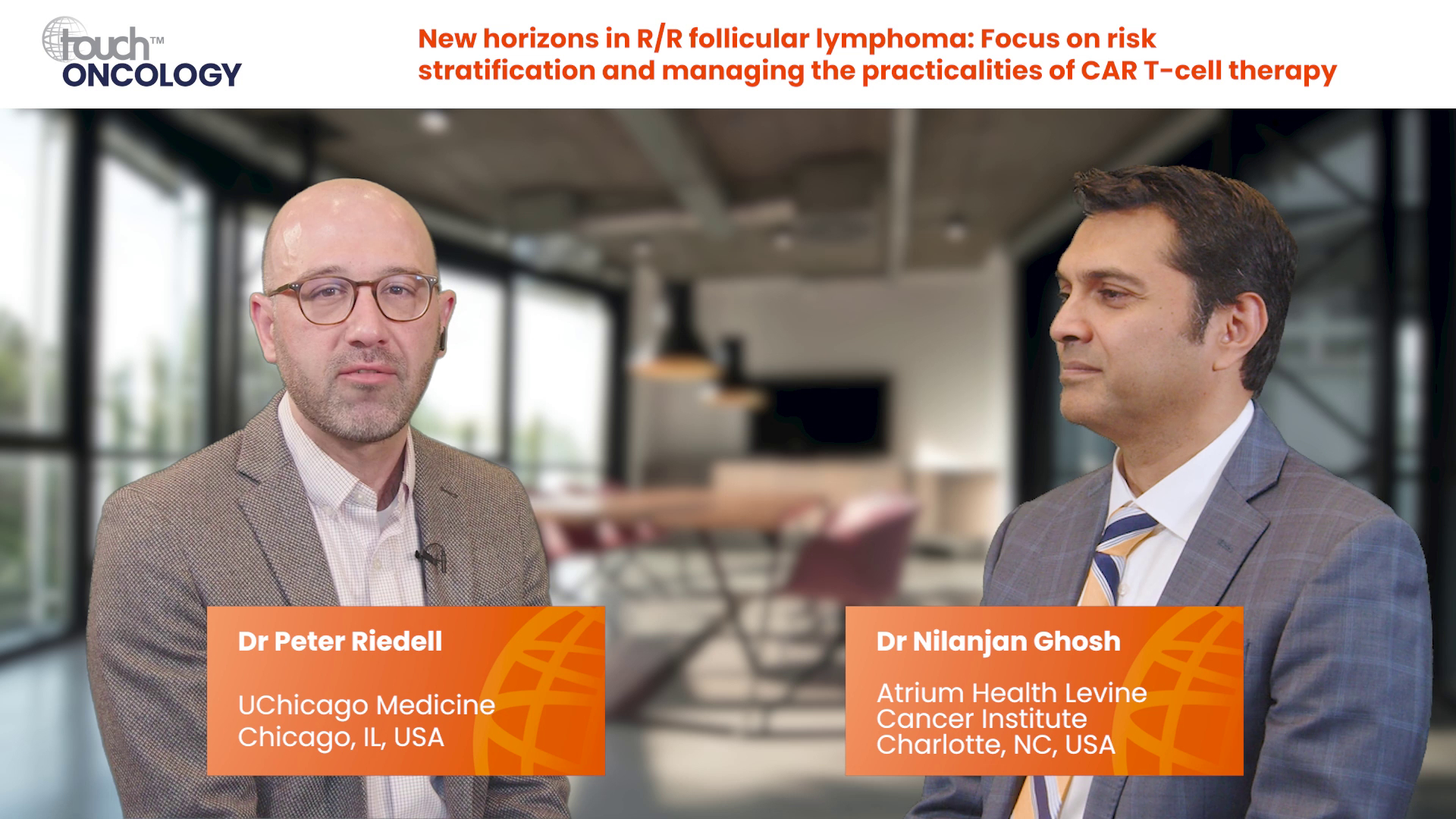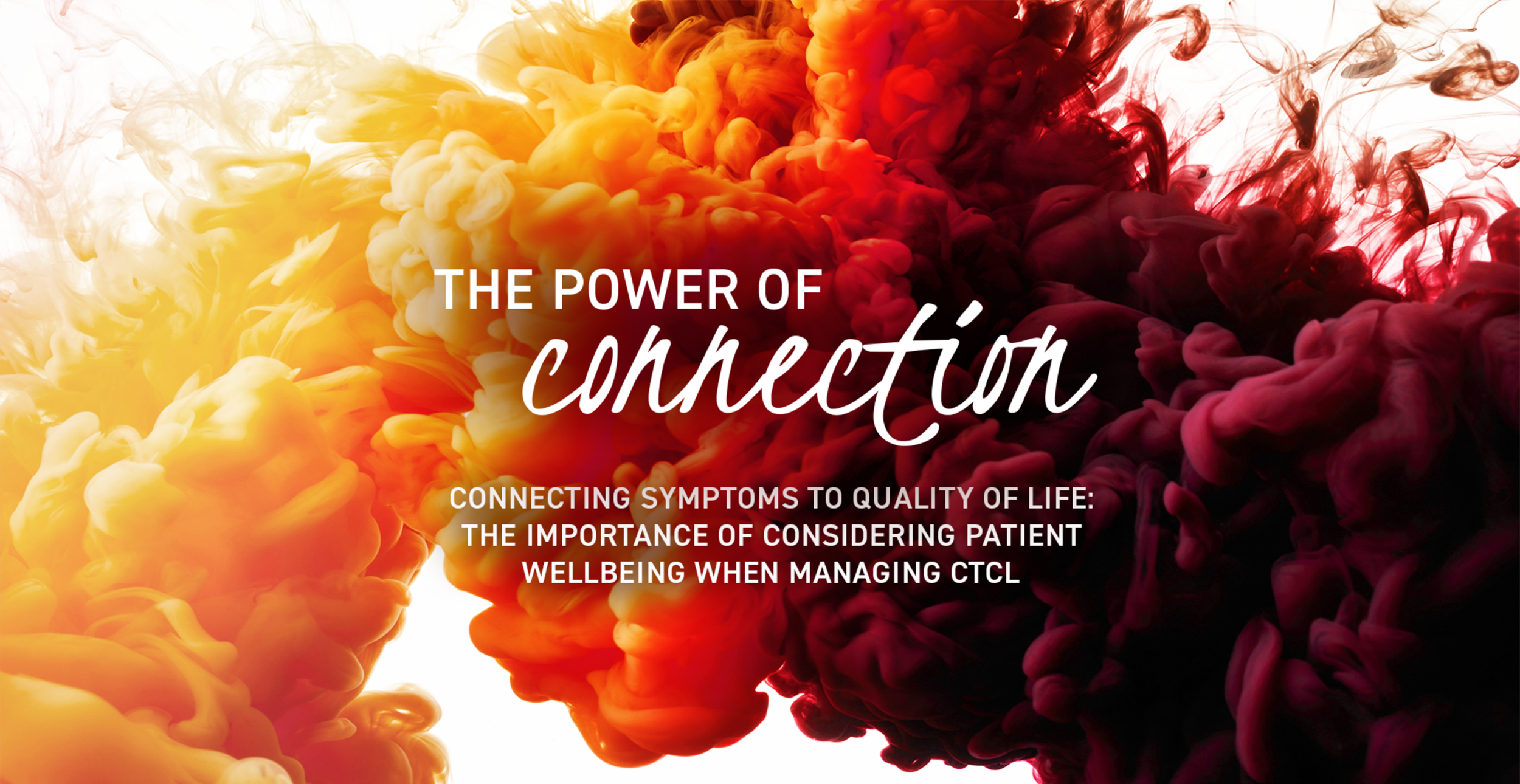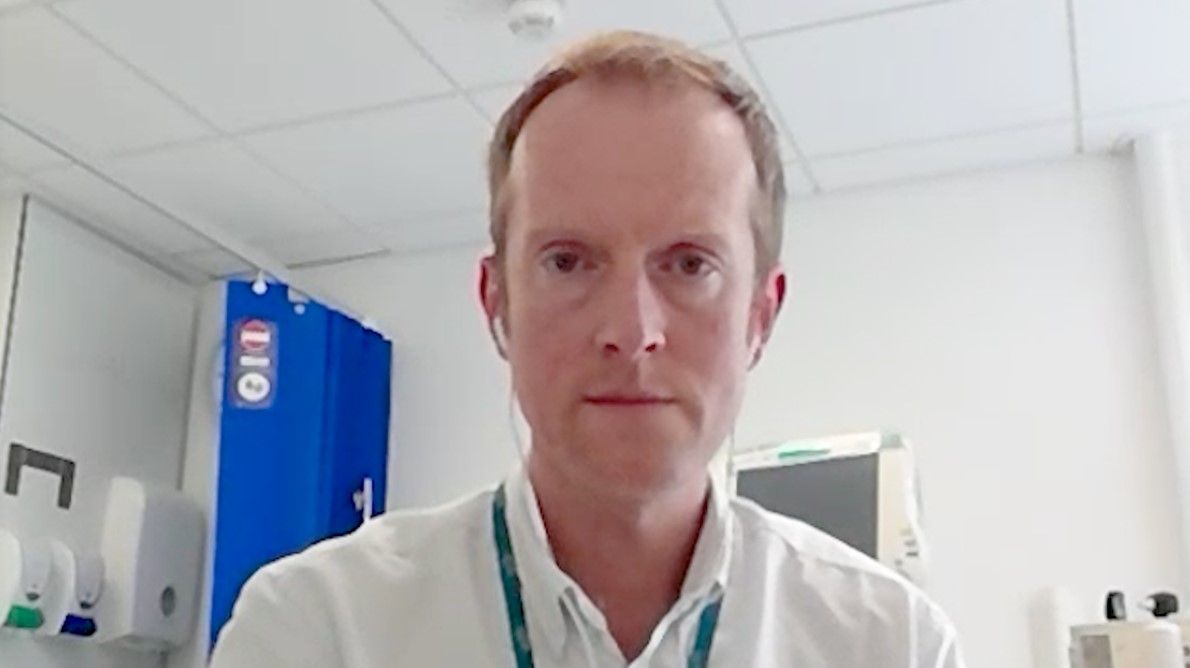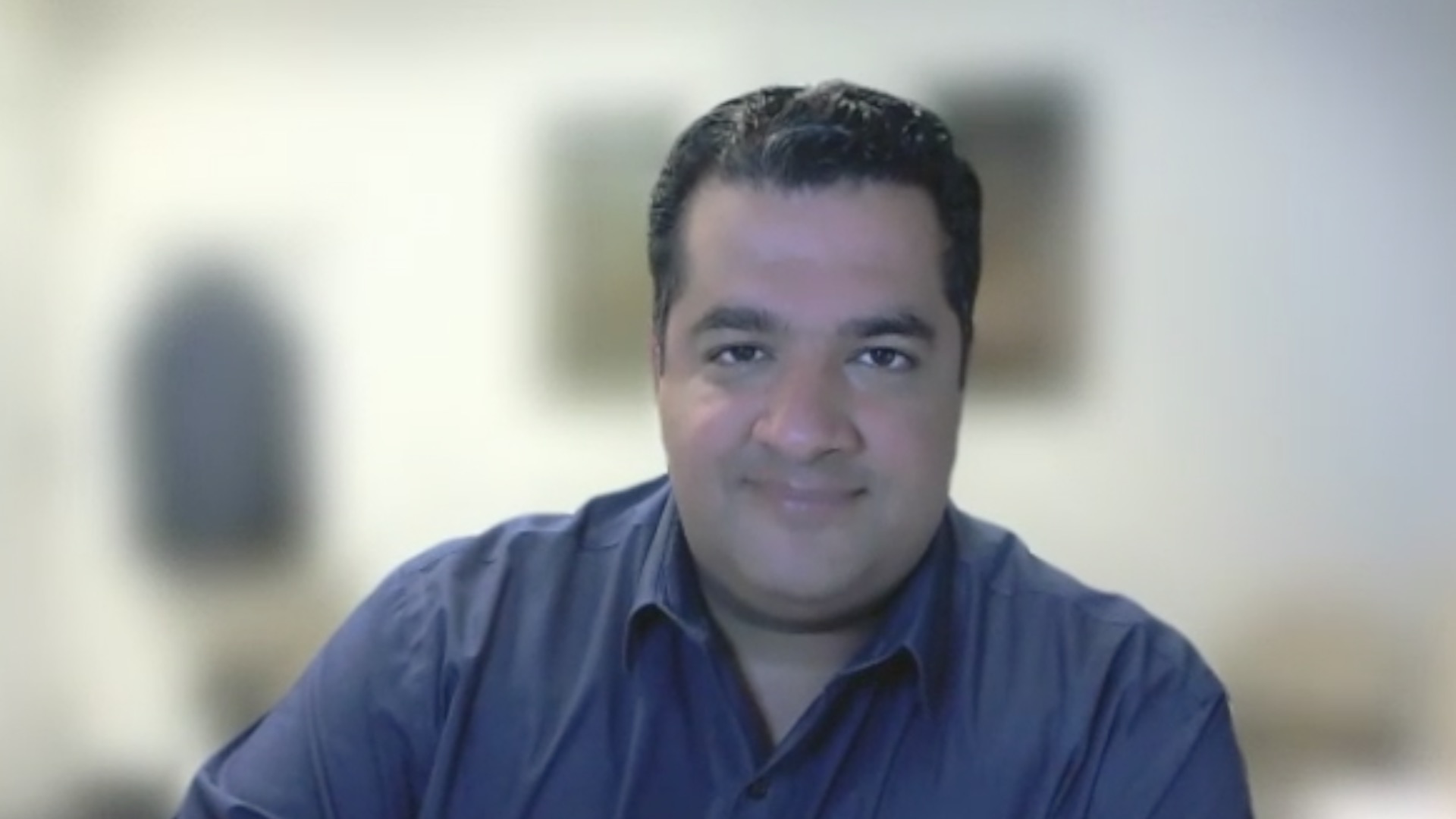Lymphoma
An Introduction to Lymphoma
Lymphoma is one of the ten most common malignancies worldwide. While some lymphomas are curable, the treatment of relapsed and refractory disease remains a substantial challenge. Recent advances have led to the development of a number of new treatment strategies, including novel antibodies targeting surface antigens, small molecular inhibitors targeting oncogenic signalling pathways and tumour suppressors, and immune checkpoint inhibitors. Chimeric antigen receptor (CAR) T-cells offer the potential for personalised therapy. The emergence of so many new therapeutic options have raised challenges in terms of optimal sequencing and combined approaches, and have highlighted the need for biomarkers to predict therapeutic response.
Expert video highlights, insights from the conference hub and comprehensive peer-reviewed articles from our journal portfolio provide updates on the ever-changing landscape. To learn more about how the latest developments impact on patient outcomes view our expert-led learning activities.








